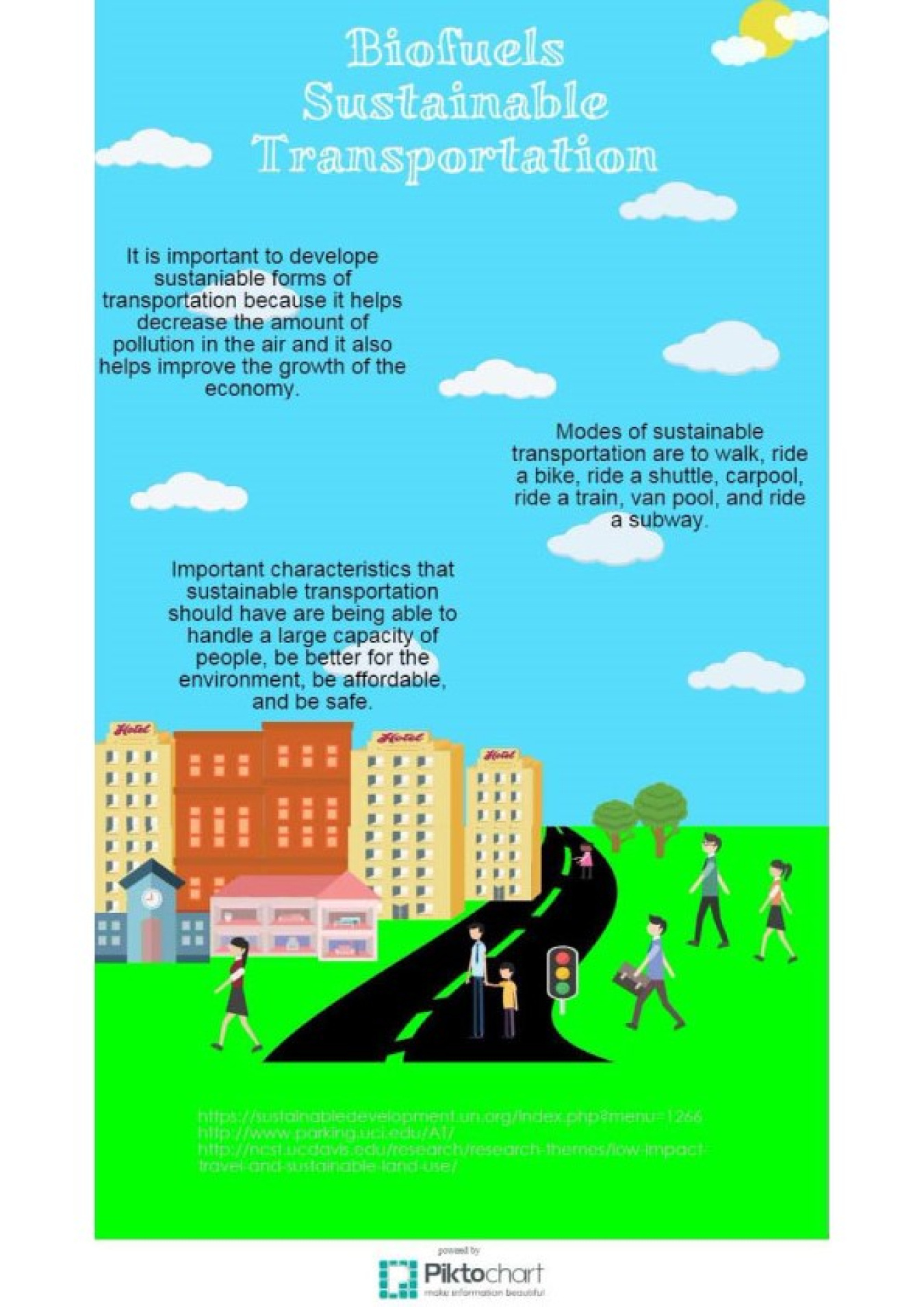Beyond EVs - The Surprising Rise of Biofuels in Sustainable Transportation

As the world grapples with the urgent need to decarbonize transportation, electric vehicles (EVs) have taken center stage. But while EVs offer a promising path forward, they aren't the only solution. A quieter revolution is brewing in the world of sustainable transportation, and it involves a familiar yet often misunderstood fuel source: biofuels.
A Second Look at an Old Idea
Biofuels, derived from organic matter like plants and algae, are not a new concept. However, early generations of biofuels, primarily ethanol from corn, faced criticism for their impact on food production and limited greenhouse gas reductions.
Today, advancements in biofuel technology are painting a different picture. Second-generation biofuels, made from non-food sources like agricultural waste and woody biomass, are emerging as a viable and potentially more sustainable alternative.
The Data Tells a Compelling Story
The global biofuel market is experiencing remarkable growth. According to the International Energy Agency (IEA):
- Global biofuel production reached 167 billion liters in 2022, a 4.4% increase from the previous year.
- The IEA projects biofuel demand to surge by 22% between 2022 and 2027, driven by supportive policies and growing demand for sustainable transportation fuels.
These numbers reflect a growing recognition of the benefits biofuels offer:
Environmental Advantages
- Reduced Greenhouse Gas Emissions: Second-generation biofuels can significantly reduce greenhouse gas emissions compared to fossil fuels. A study by the U.S. Department of Energy found that using cellulosic ethanol (a type of second-generation biofuel) can reduce lifecycle greenhouse gas emissions by up to 84% compared to gasoline.
- Improved Air Quality: Biofuels burn cleaner than fossil fuels, releasing fewer harmful pollutants like particulate matter and sulfur dioxide. This can lead to improved air quality, particularly in urban areas.
Economic and Energy Security
- Job Creation and Rural Development: Expanding biofuel production creates jobs in agriculture, forestry, and biorefining, often in rural communities.
- Energy Independence: Biofuels offer a domestic source of energy, reducing reliance on foreign oil imports and enhancing energy security.
Overcoming Challenges, Embracing the Future
While biofuels hold great promise, challenges remain. Further research and development are needed to improve efficiency and reduce production costs. Additionally, ensuring sustainable feedstock sourcing and land use practices is critical for long-term viability.
Final Thoughts: A Multifaceted Approach
The transition to a sustainable transportation future requires a multi-pronged approach. EVs will undoubtedly play a significant role, but biofuels offer a compelling complementary solution, especially in sectors where electrification remains challenging, such as aviation and heavy-duty transport.
By investing in advanced biofuel technologies, supporting sustainable practices, and implementing supportive policies, we can unlock the full potential of biofuels in mitigating climate change, improving air quality, and building a more resilient and sustainable energy future.










Comments ()